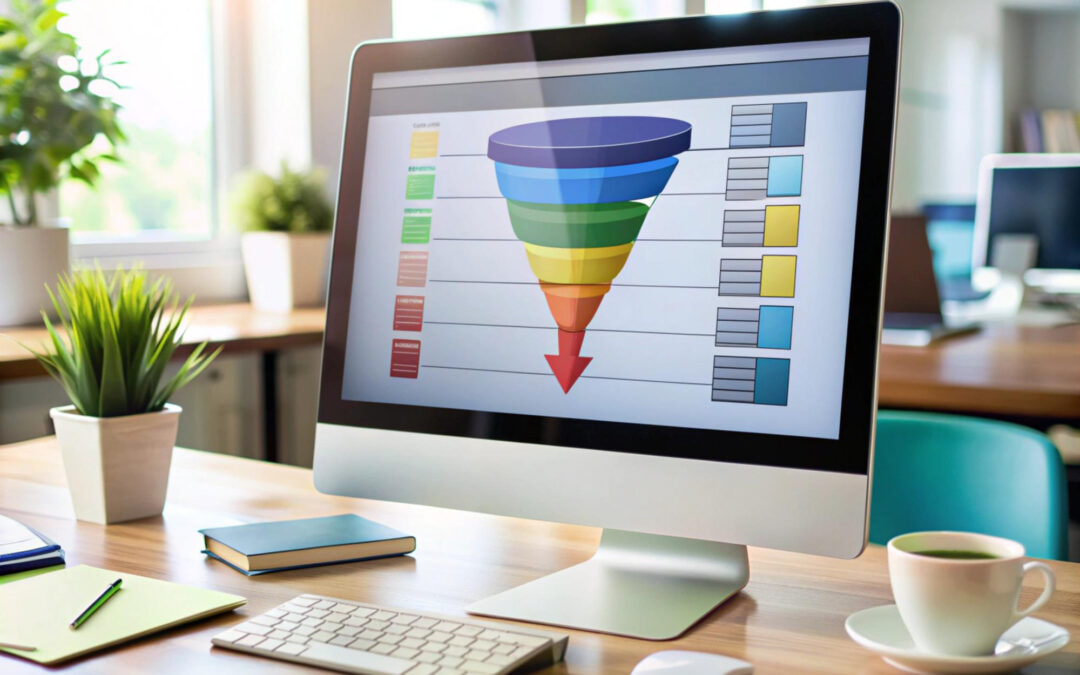Google Analytics is a powerful, free tool that provides in-depth insights into your website’s performance and audience behavior. For restaurant owners looking to grow their online presence, understanding how to use Google Analytics for beginners is essential to making informed marketing decisions. Whether you’re just launching your website or want to improve your digital strategy, this Google Analytics tutorial will walk you through the basics.
Installing Google Analytics
Before diving into reports and dashboards, you’ll need to set up Google Analytics properly on your website. Here’s a step-by-step process:
1. Create a Google Analytics Account
Go to Google Analytics and sign in with your Google account. Click on “Start measuring”, then follow the prompts to:
- Name your account
- Choose your data sharing settings
- Set up a property (this is your website)
2. Set Up a Data Stream
Choose your platform (Web, Android, or iOS). For most restaurant websites, Web is the correct choice. You’ll then enter your website URL and name the stream.
3. Install the Tracking Code
Google Analytics will provide a tracking code (Global Site Tag or GTAG.js). Paste this code into the <head> section of every page on your site.
💡 Tip for Restaurant Owners: If your website is built on platforms like WordPress, Wix, or Squarespace, you can use a plugin or built-in integration to add the Google Analytics tag without touching code.
Main Interface
Once installed and collecting data, you’ll be introduced to the main Google Analytics interface. While it might seem overwhelming at first, beginners can quickly get familiar with the layout.
Navigation Overview
- Home: Summary of your website’s key stats
- Reports: Detailed breakdowns of user behavior, traffic sources, and conversions
- Explore: Custom report creation
- Advertising: Performance of your Google Ads campaigns
- Admin: Where you configure settings and user access
Understanding the layout is crucial in any Google Analytics tutorial, as it helps you navigate to the most important reports efficiently.
Basic Reports
When learning how to use Google Analytics, these are the key reports beginners should focus on:
Audience Overview
Find out who is visiting your website, including:
- Number of users and sessions
- New vs. returning visitors
- Device breakdown (mobile, desktop, tablet)
Acquisition Report
Understand how people find your site:
- Organic Search
- Social Media
- Direct Traffic
- Referral Sources
This helps restaurant owners see which marketing channels are working.
Behavior Report
Learn what users do once they land on your site:
- Top pages viewed
- Bounce rate
- Average time on page
For example, if your menu page has a high bounce rate, it might need optimization.
Key Metrics
To effectively use Google Analytics for beginners, focus on these key metrics:
- Sessions: Total number of visits to your site
- Users: Individual visitors
- Pageviews: Total pages viewed
- Bounce Rate: Percentage of visitors who leave after viewing one page
- Average Session Duration: Time spent on your site
- Conversion Rate: Percentage of users who complete a desired action (e.g., online reservation)
These metrics give you a clear picture of what’s working and what needs improvement.
Tips for Beginners
Here are a few expert tips to help you master how to use Google Analytics as a beginner:
1. Set Clear Goals
In Google Analytics, you can define specific goals—like booking a reservation or signing up for a newsletter. This helps you track real results.
2. Use Date Comparison
Compare current performance to previous periods (e.g., this week vs. last week) to understand trends.
3. Connect Google Search Console
Integrate with Google Search Console to see what keywords bring users to your site. Great for SEO insights.
4. Explore Real-Time Reports
Monitor what’s happening on your site at this very moment. Useful during promotions or email blasts.
5. Keep It Simple
You don’t need to understand every report. Focus on the basics first and grow from there.
🔍 Whether you’re running a taco shop in Downtown Las Vegas or a fine dining restaurant on The Strip, learning Google Analytics for beginners helps you make data-driven marketing decisions and attract more diners.
Conclusion
By taking time to explore the interface, understand key metrics, and focus on meaningful reports, this Google Analytics tutorial will give you the tools to grow your online presence. At Strattz, we help Las Vegas restaurant owners decode the data and turn insights into action. Need help interpreting your analytics? Reach out to our team for personalized guidance.










